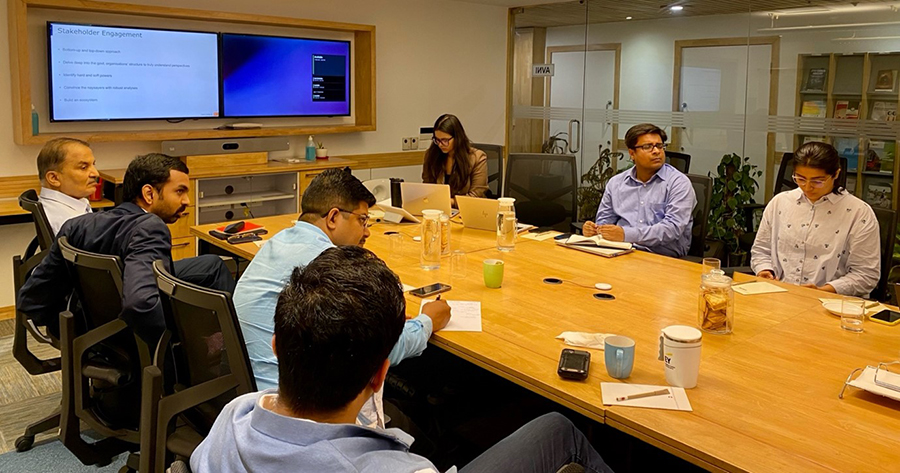
Shakti Sustainable Energy Foundation organised a stakeholder consultation on ‘Accelerating Rooftop Solar Adoption in India,’ on July 10, 2024. This event brought together key players from various sectors to address and strategise on overcoming the challenges and harnessing the opportunities in the rooftop solar domain. With an ambitious national target for renewable energy, India’s push towards increasing its annual rooftop solar capacity is gaining momentum, thanks in part to recent technological advancements and supportive policy reforms.

The rooftop solar sector is currently in an exciting phase, driven by initiatives such as the Government of India’s PM Surya Ghar: Muft Bijli Yojana, which aims to revolutionise solar adoption in households. Despite the promising prospects, the sector faces significant challenges that need to be addressed to achieve widespread adoption. The consultation delved into sector-specific issues faced by residential, commercial, and industrial consumers, and participants from various states shared their experiences and insights. This collaborative effort highlighted both the obstacles and potential solutions, paving the way for a more robust and effective strategy to accelerate rooftop solar adoption across India.
Discom-oriented business models are essential as they benefit distribution companies (discoms), making them strong advocates for rooftop solar. Additionally, exploring state-specific business models can attract investments and boost implementation, as each state has a unique consumer mix and economic status. Providing clear guidance and developing an incentive structure for the commercial and industrial (C&I) segment is also crucial, as there is currently no central portal or sufficient incentives for them.
Rooftop solar has significant potential, particularly in the residential segment, estimated at 100 GW-120 GW. However, specific numbers for the C&I segment are lacking. Innovative financing mechanisms for MSMEs and residential consumers should be explored, focusing on demand aggregation to develop effective business models and financing instruments. Ensuring the technical quality of rooftop systems, building the capacity of discoms, and increasing consumer awareness through word-of-mouth campaigns are also key to maximizing adoption. These discussions are vital for developing and implementing effective strategies by fostering a deeper understanding and identifying actionable steps to address challenges and opportunities in the rooftop solar sector.

